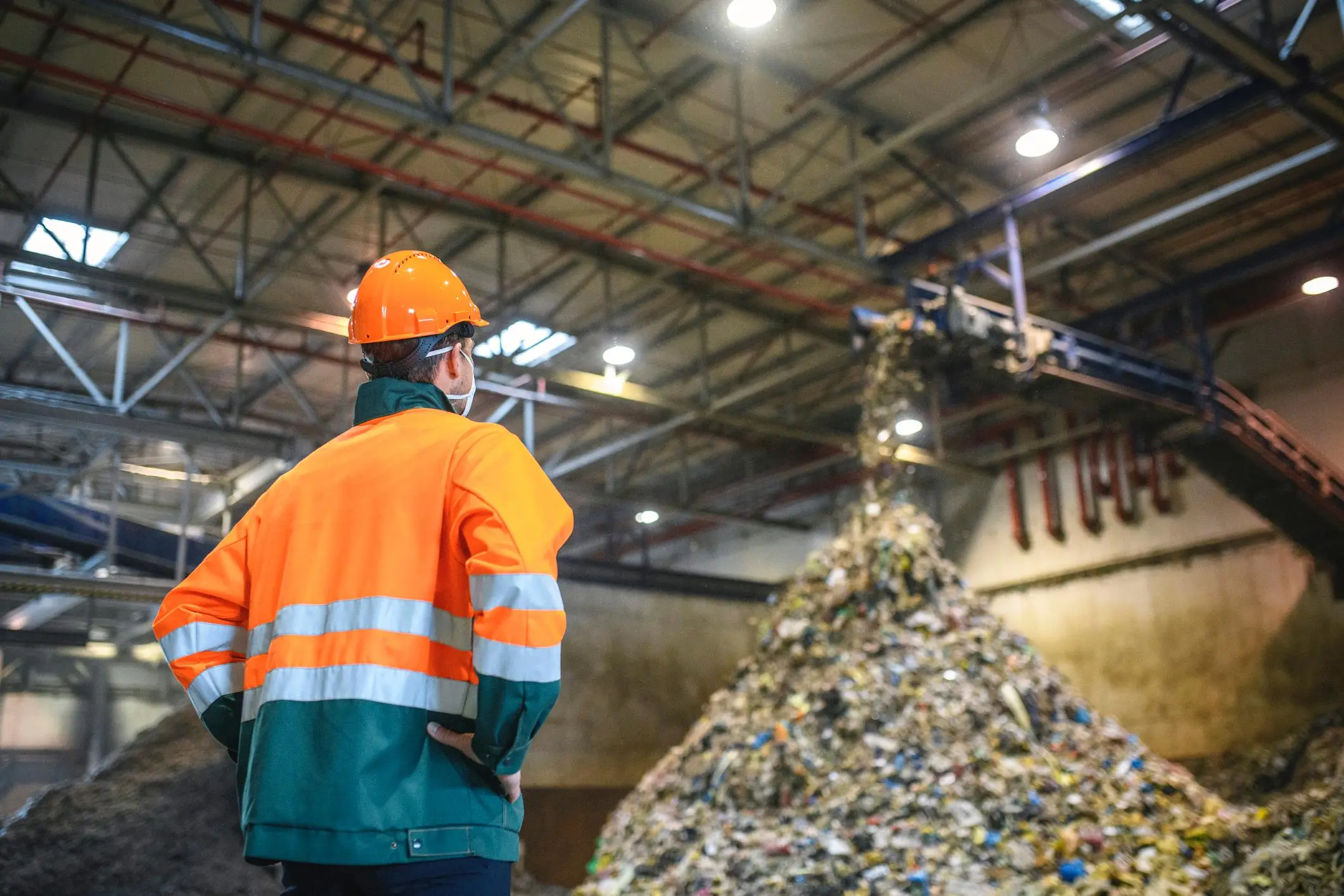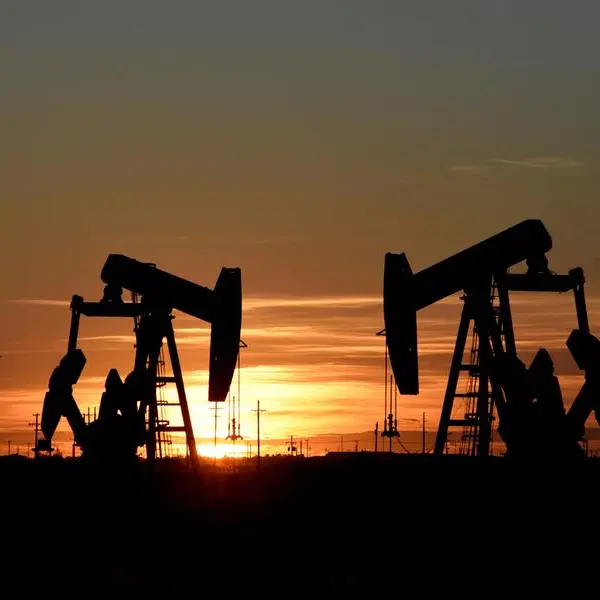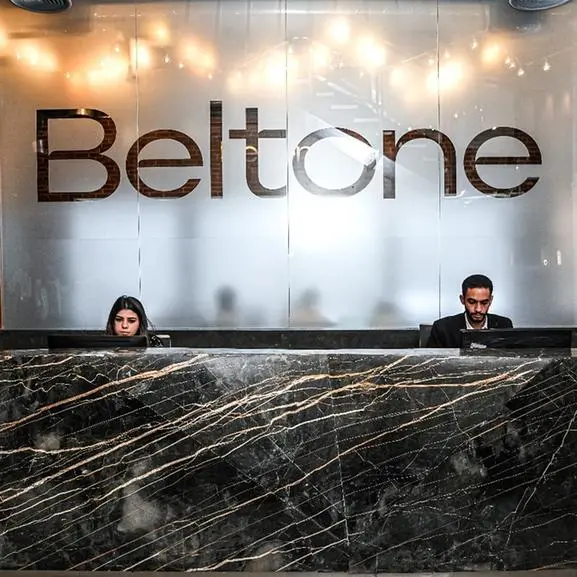PHOTO
It will invest around SR1.3 billion ($346.6 million) in construction and demolition waste, and about SR900 million in industrial waste, while investments in municipal solid waste will exceed SR20 billion, and investments in other waste will exceed SR1.6 billion, Saudi Investment Recycling Company (SIRC) CEO, Ziyad Al-Shiha said.
Saudi Arabia had 5 percent of its total waste recycled from the beginning of 2020 until the first half of this year 2021, including plastic, metal and paper, Al-Shiha said.
The PIF-owned company started investing in projects specifically designed to increase conversion rates and recycling operations by establishing alliances with private sector companies specialized in this field, he told Al Eqtisadiah.
He pointed out that there is cooperation with leading local companies such as SABIC and Aramco in the recycling of plastic waste, and Maaden in the recycling of mining waste, and several companies in the building materials sector in the field using waste to produce alternative fuels, as well as a group of companies in the field of metal recycling and electronics.
"The company is also working with legislators and regulators to separate waste from the source by placing dedicated containers, organizing transportation and waste collection operations, building sorting and treatment stations, as well as making use of non-recyclable waste to produce alternative fuels and energy, and converting organic waste into organic fertilizers for agriculture," Al-Shiha said.
"This enhances the added value and reduces the cost of environmental degradation, which is estimated at SR86 billion annually," he said.
He stated that the company is keen to attract foreign direct investments worth SR6 billion, create 23,000 jobs, and contribute an amount of SR37 billion to the national GDP.
He pointed out that the share of foreign investment in the field of recycling at the present time is relatively "low", compared to other sectors, especially that the recycling market in Saudi Arabia is still nascent, and the number of local specialized companies in this field is still limited.
SIRC seeks within its strategic objectives to divert 85 percent of hazardous industrial waste from landfills, and 100 percent of solid waste from landfills and 60 percent of construction and demolition waste from landfills by 2035, Al-Shiha said.
Accordingly, the company is working on several promising projects to invest in the circular economy, through global and local partnerships to improve value chains, he said.
Al-Shiha pointed out that SIRC is also working to promote the Green Saudi Initiative goals by shifting from landfills by 94 percent..
"More than 40 percent of the recyclable materials in the Kingdom, amounting to about 56 million tons annually, are concentrated in Riyadh, Jeddah and Dammam, where 85 percent of them can be recycled and utilized for the purpose of obtaining a source of alternative energy and raw materials that enter into Manufacturing processes," Al-Shiha said.
The Kingdom recycles only about 10 percent of recyclable materials, while 90 percent of materials are disposed of by landfill, which causes harm to the environment and limits the use of recyclable materials, he explained.
He pointed out that one of the biggest challenges facing the sector at the present time is the lack of awareness of the importance of recycling, especially with the absence of a waste sorting system from the source.
SIRC cooperates with the relevant government agencies to raise awareness, community participation, and disseminate awareness campaigns in the coming years, he said.
Copyright: Arab News © 2021 All rights reserved. Provided by SyndiGate Media Inc. (Syndigate.info).




















